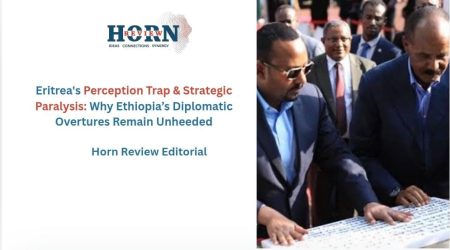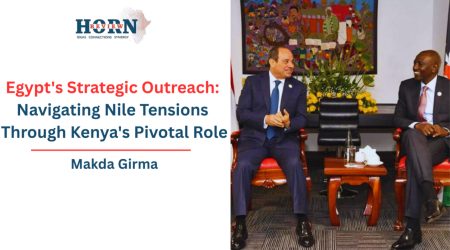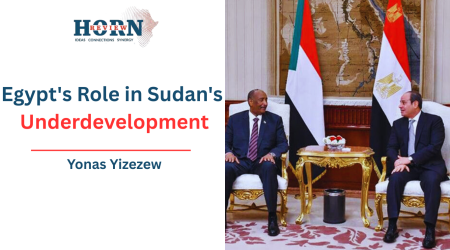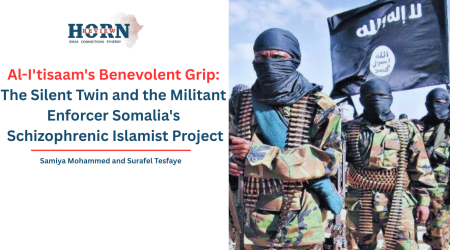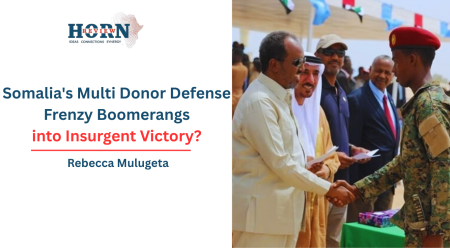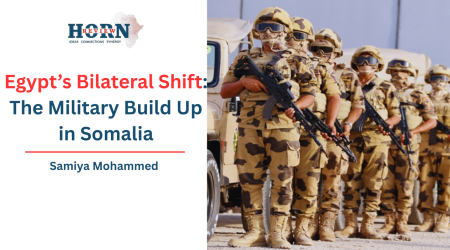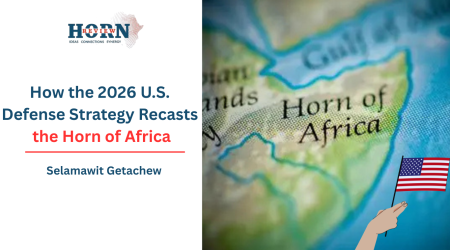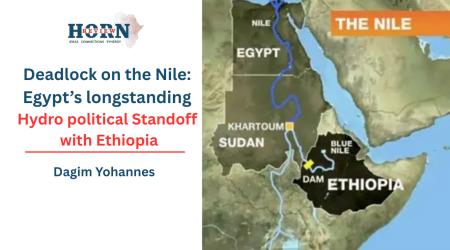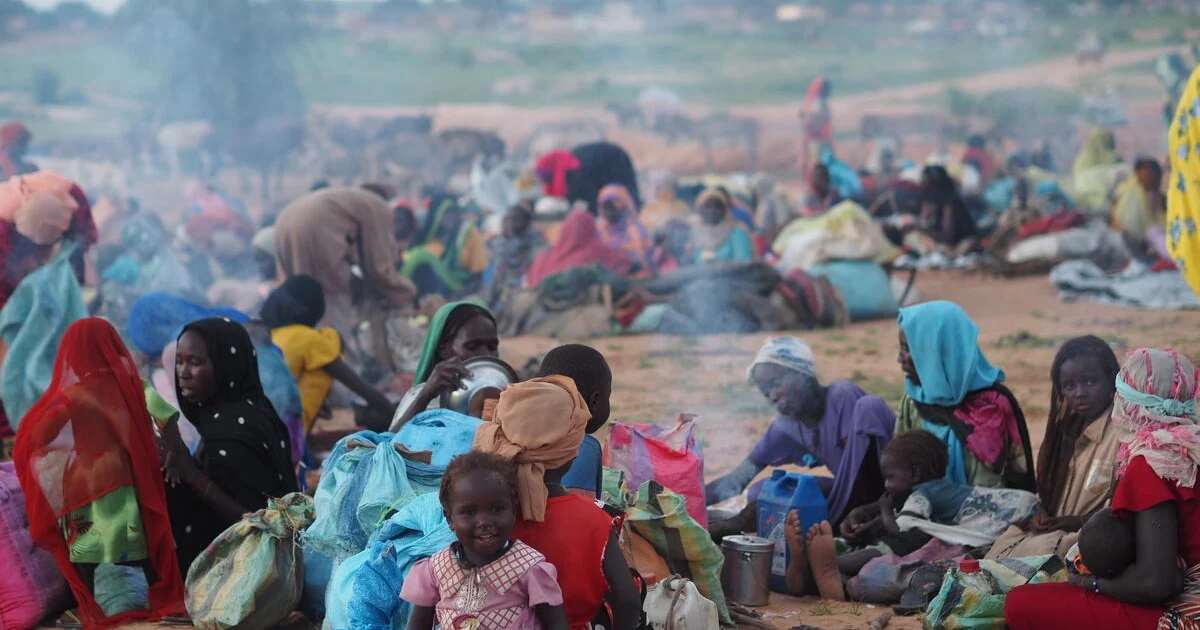
7
Feb
Ending the Crisis in Sudan: A Call for Humanitarian Action and Peace
The ongoing conflict in Sudan demands urgent humanitarian intervention to end the violence and suffering. The country is engulfed in a brutal civil war between the Sudanese Armed Forces (SAF), led by General Abdel Fattah al-Burhan, and the paramilitary Rapid Support Forces (RSF), commanded by General Mohamed Hamdan Dagalo. With over 25.6 million people facing acute hunger, millions displaced, and more than 2 million forced to flee the country, Sudan is experiencing one of the worst humanitarian crises in the world. Despite numerous diplomatic efforts, the warring factions remain entrenched, making peace negotiations nearly impossible.
Roots of the Conflict and the Failure of Diplomacy
Sudan’s prolonged crisis is deeply rooted in its political and historical fractures. The SAF and RSF, both vying for control over the country’s resources and power, see their struggle as existential. Their rivalry, fueled by historical grievances and external backers, has escalated into widespread atrocities, including ethnic violence, sexual assault, and the destruction of essential infrastructure like healthcare and water systems.
Despite intervention attempts by the UN, African Union, and Arab League, the international response has been fragmented and ineffective. Meanwhile, Sudanese civil society, particularly women and marginalized groups, has been largely excluded from peace talks, despite their crucial role in building lasting stability. The failure of Sudan’s elites to address long-standing grievances in regions like Darfur, the Nuba Mountains, and Blue Nile State has only deepened the suffering.
The Urgent Need for Accountability
A critical component of any long-term solution is justice. The legacy of the 2003-2005 Darfur genocide, perpetrated by the Janjaweed (now the RSF), remains unresolved. The failure to hold war criminals accountable has allowed perpetrators to maintain power and continue committing atrocities. History, from Rwanda to Srebrenica to Cambodia, shows that sustainable peace is impossible without justice. Ensuring accountability through international courts or hybrid tribunals must be a priority.
Rethinking Humanitarian Efforts
Traditional humanitarian approaches have failed in conflict zones like Sudan. The international community must adopt innovative aid strategies, including cross-border deliveries and protected aid convoys to ensure relief reaches those in need. More importantly, local organizations and grassroots initiatives should take the lead, as large international operations often become targets for armed groups. Investing in community resilience and locally driven solutions can provide more sustainable support for Sudan’s millions in crisis.
A Call for Decisive Global Action
The Sudanese people have suffered long enough. The international community must move beyond crisis management and take bold steps toward ending the violence and securing lasting peace. This requires:
– A shift in diplomatic tactics, pressuring external sponsors of the warring factions to push for a ceasefire.
– A renewed focus on justice, holding perpetrators accountable to break the cycle of impunity.
– Stronger humanitarian commitments, prioritizing local-led aid solutions and innovative delivery mechanisms.
The world cannot afford to let Sudan become another forgotten catastrophe. Now is the time for decisive action, before more lives are lost, and the country’s future is completely shattered.
By Hailemichael Simachew

